Falling Short —— The Coming Retirement Crisis and What to Do About It
----- 匮乏: 即将到来的退休危机与应对措施
The United States faces a serious retirement challenge. Many of today's workers will lack the resources to retire at traditional ages and maintain their pre-retirement standard of living. It can be difficult for workers to make informed decisions about their retirements now based on the abundance of confusing and sometimes misleading information put forth by the media and other individuals. For this reason, Charles D. Ellis, Alicia H. Munnell, and Andrew D. Eschtruth have written this highly-accessible guide for individuals wondering what to expect when they reach retirement age and what they can be doing now to best prepare for their future. Falling Short is grounded in academic research yet written in an accessible style for anyone concerned about their future retirement. The authors provide both a vivid picture of the retirement risks facing all Americans and a short list of practical solutions that build on our existing retirement system. The book offers the necessary context for understanding the nature and size of the retirement income shortfall, which is caused by both increasing income needs---due to longer lifespans and rising health costs---and decreasing support from Social Security and employer-sponsored pension plans. The authors give specific advice for what Americans must do now to avoid crisis in retirement; namely, people must work longer and save more. Individuals should plan to stay in the labor force until age 70 and keep their skills up-to-date, and the government should emphasize that retiring at 70 provides the largest monthly Social Security check. Social Security's long-term finances must be shored up so that it remains the foundation of the retirement system. All employers with a 401(k) plan should be required to automatically enroll their workers, increase worker contribution rates over time, and use low-cost index funds as a default investment option. A separate solution is needed for the half of the workforce that lacks even 401(k) coverage; all uncovered workers need an easy and automatic retirement saving option. Finally, individuals should not ignore what is often their largest asset---their house---as a potential source of support for retirement; home equity can be tapped through downsizing or a reverse mortgage. Acting on these solutions now will greatly improve the prospects of a secure retirement for today's workers. Available in OSO: http://www.oxfordscholarship.com/oso/public/content/economicsfinance/9780190218898/toc.html
{{comment.content}}
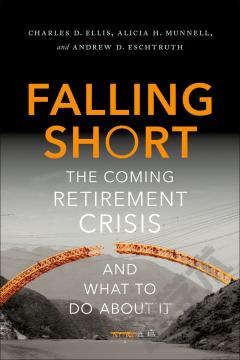
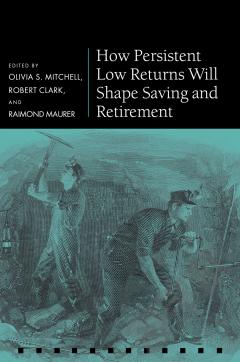
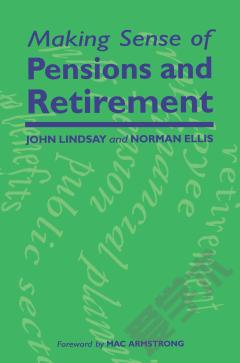
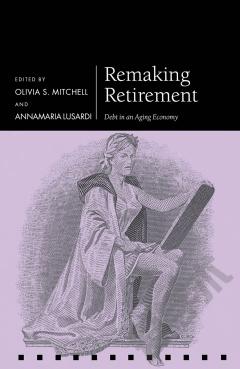
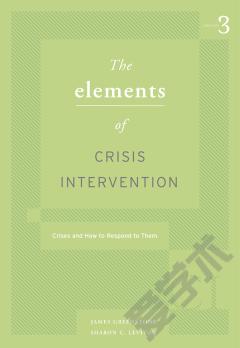
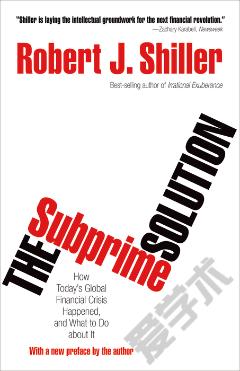
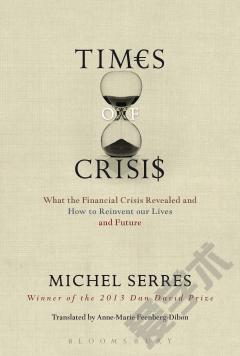

 京公网安备 11010802027623号
京公网安备 11010802027623号